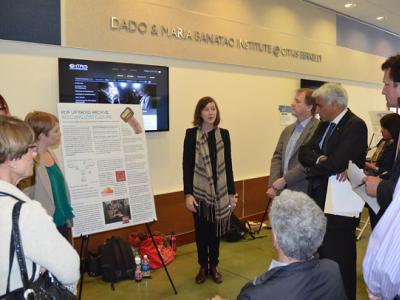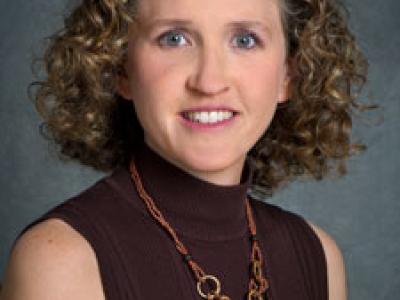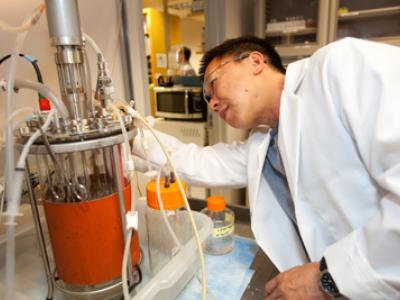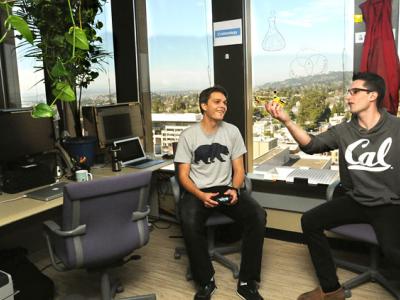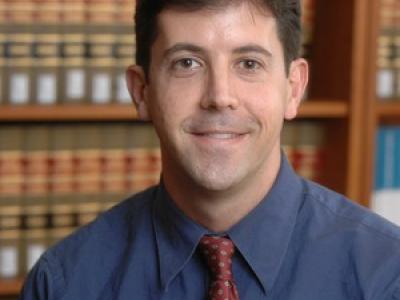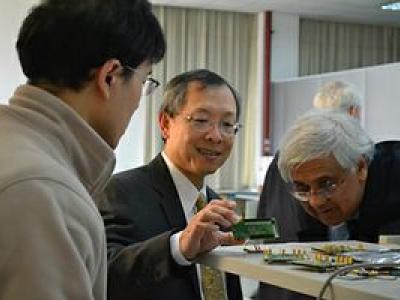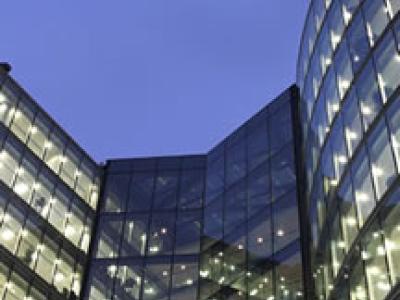UC Berkeley Skydeck Welcomes New Director, Gears Up for Fall
UC Berkeley Skydeck, a startup accelerator, is soaring to new heights with the appointment of a new full-time executive director,Jeff Burton, a member of the founding team of video game maker Electronic Arts.



